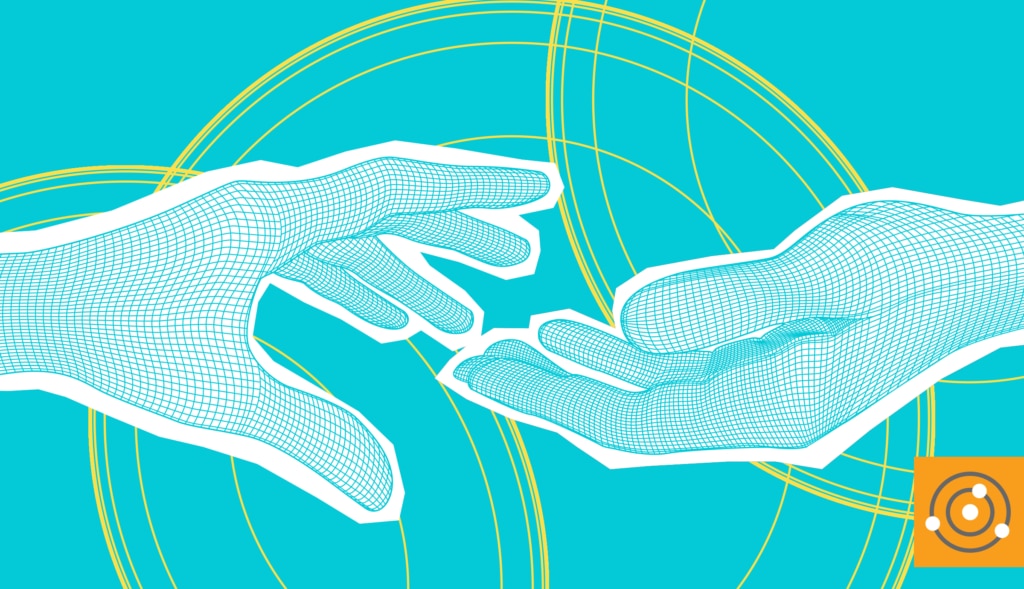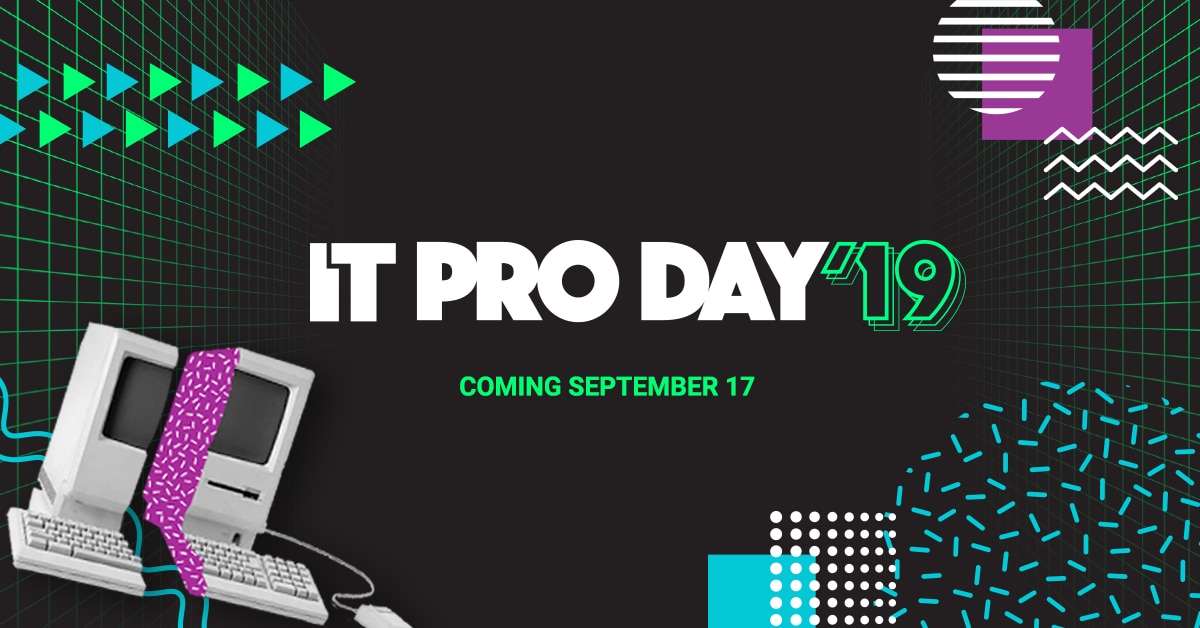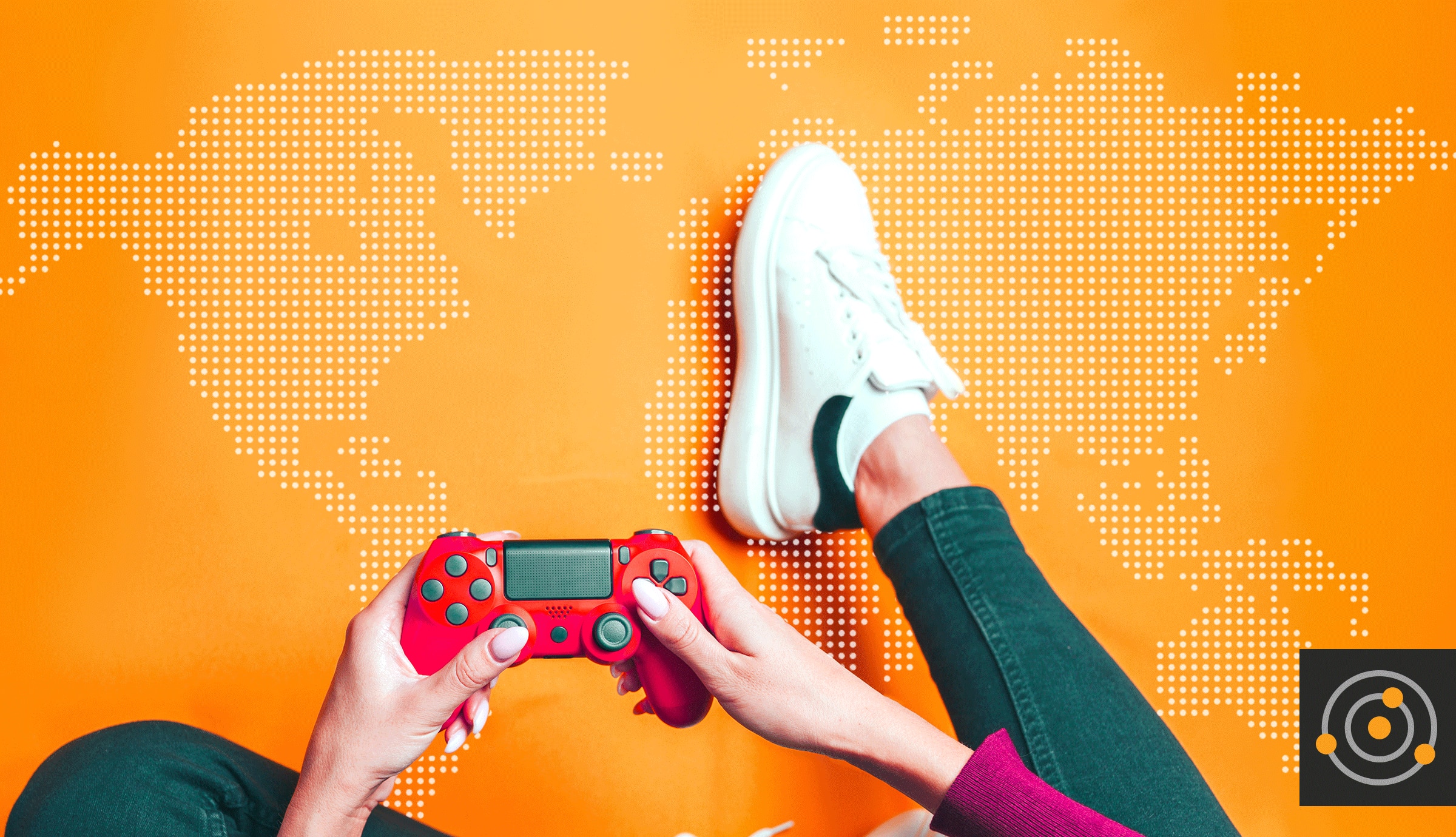Building relationships is no easy feat. It’s been my experience that it’s common for people (especially, but not exclusively, men) to connect with each other through activity-based friendships—you might have a friend named Bob, for example, with whom you’ve played golf every Thursday afternoon for 10 years. Of course, there’s nothing wrong with friendships like these—until a global pandemic strikes and suddenly you can no longer do all the activities you used to share with your friends.
Unfortunately, many such friendships don’t extend beyond shared activities. You might know with absolute certainty Bob is going to slice on the next shot and not even know his birthday or the name of the other significant people in his life. Society (and the entertainment industry) often portrays—with fairly good evidence as support—men’s friendships as better if they’re contextual, transactional, and not deep. But when many of the activities keeping you connected to your friends are no longer possible, how can you take care of yourself and maintain those friendships? Thursday afternoon virtual golf sessions aren’t a thing—and even if they were, they just wouldn’t be up to par (yep, I went there.)
But what I’ve described is an inconvenience, not a problem. The real problem starts there and goes much deeper. We’re in the middle of a global situation (multiple interrelated situations, really) increasing people’s stress and anxiety in multiple ways. Everything from health to jobs to the foundations of society seem to be at risk and in flux. Many of us are struggling with the impacts of this on ourselves, our families, and those we care about.
In the midst of all this, those light, breezy conversations on the racquetball court or between matches on
Call of Duty are insufficient. We need someone we can open up to, someone with whom we’ve built up the trust to share those fears. And those types of connections are often in short supply.
Recognizing the Issue
Before COVID-19, this wasn’t a problem. Deep connections could be found at home with family, supplemented by these engaging activities with friends. But take away those activities, and you have many folks who feel lonely or unfulfilled (and who may not even understand why). The pandemic has ripped a hole in people’s lives, and many people—especially those with activity-centered relationships—are unprepared to acknowledge it or are unequipped to address it. As Troy Hunt put it in a recent
blog post, “I realised something very profound last year; I've very rarely discussed my emotional state with friends. Maybe that's ‘just what blokes do’ (or don't do), but it certainly wasn't a conscious decision on my behalf.”
Like most things, admitting there’s a problem is the first step. Would it really have killed you to ask Bob what his birthday was? To find out where he went to school? You may not have seen the need to learn about these things back when you saw Bob every week, but now it’s harder to shift your friendship into something capable of withstanding the pandemic. It would be easier to develop a deeper connection now if you’d asked him those questions before, but of course hindsight is 20/20. It’s a little like buying toilet paper—you didn’t know how much you’d end up needing it before the pandemic, but now you wish you’d prepared ahead of time. Then you’d be able to leverage knowing where he went to school into “Do you still have friends there? How are they doing?” This easily shifts to “How are YOU doing?” and opens the door to you sharing how you’re doing.
Self-Care and Reaching Out
The good news, of course, is Bob still exists—just because you’re not seeing him every Thursday doesn’t mean he’s not there anymore. You can still reach out, even if it’s just to say, “Hey, Bob, I miss our Thursday afternoon golf games. They were really important to me, and I miss playing with you every week. I hope you’re doing OK.” Bob’s likely feeling the same void in his life, and reaching out is an important step in maintaining your friendship. It’s not too late to have the conversations you wish you’d had pre-COVID-19.
The last thing you want to do is bury your head in the sand and wait until all this is over only to then try to piece friendships back together. Doing so could have lasting impacts on your relationships (not to mention the hole in your life you’ll be leaving unfilled). Instead, pick two people you know and say, “I’m going to make an effort to check in,” even if it’s just to ask how they’re doing. Being that person for someone else can make a huge difference for them (and for you!), and it can go a long way toward maintaining friendships that might otherwise fall apart during the pandemic.
Reaching out is a big part of “self-care,” but even though people emphasize it, self-care can often a little more elusive for some people. What is self-care if you’re one such person? Does self-care mean conditioning your beard? Binging your favorite Netflix series? Taking a nap? I’m not suggesting these things aren’t fun or important, but true self-care involves connecting with other people and checking in with the people you care about.
Take the time to reach out to your friends, even if you never would have picked up the phone before. Whether you’re calling to chat or inviting them to
an online game night, it’ll help you build connections and feel a little less trapped as we all take shelter from the storm outside.








